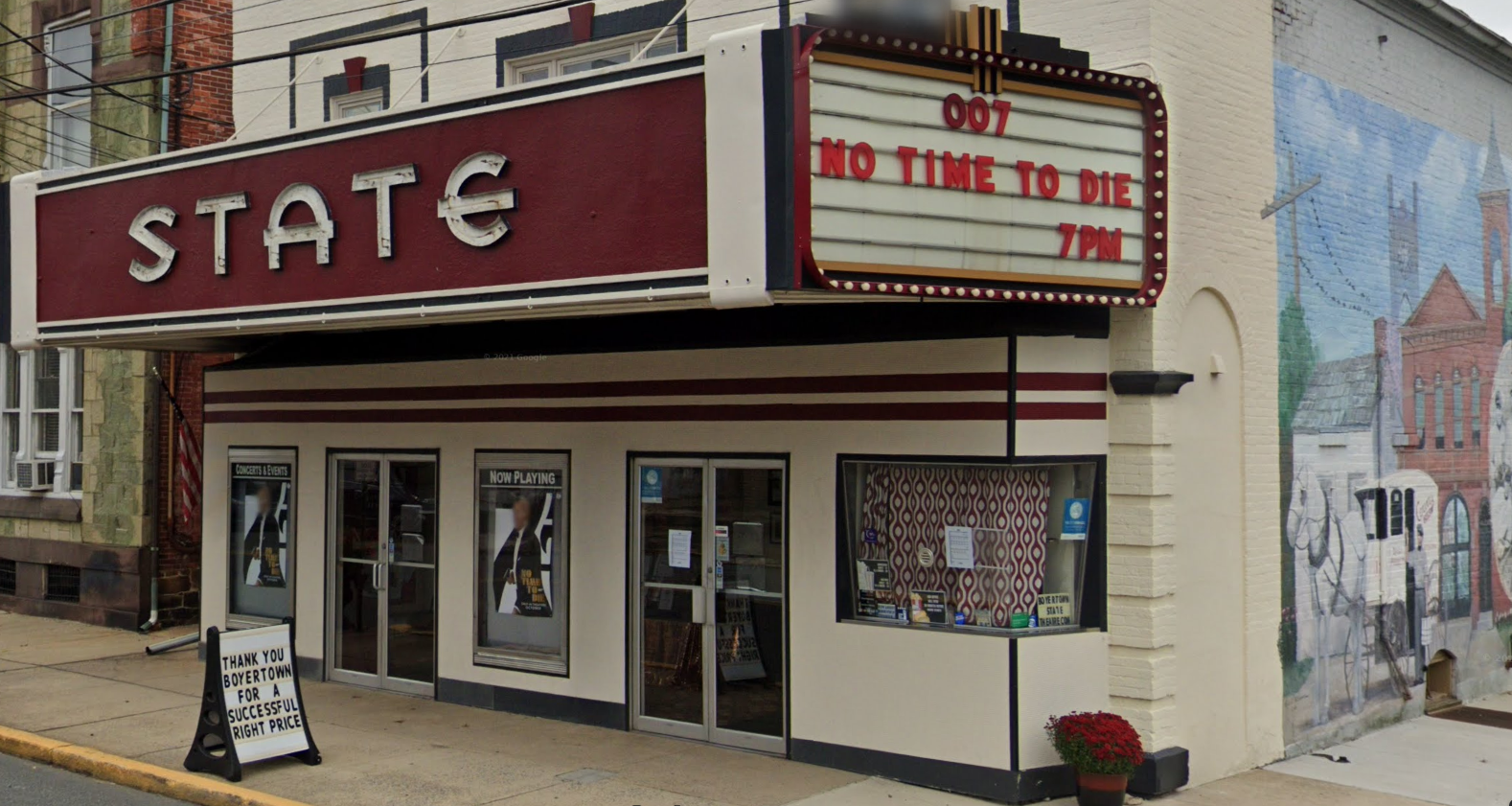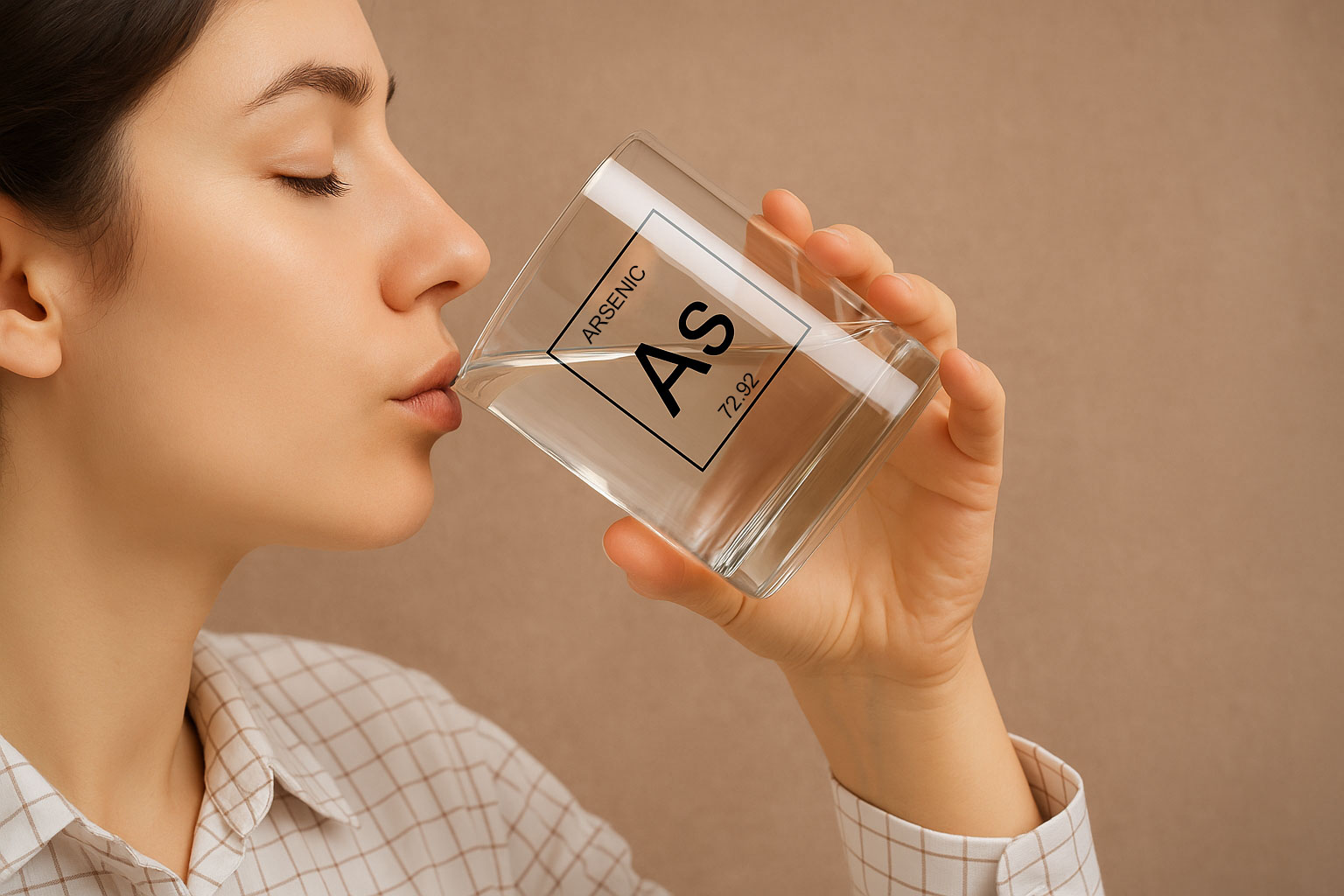Home and business owners typically notice the first signs of hardwater when they spot white streaks on freshly-washed glasses, on shower doors and faucets, and in poor performance of some of their systems and appliances. In southeastern Pennsylvania – Montgomery, Berks, Bucks, and Chester counties – hard water can be extremely troublesome. Not only can it be a nuisance, but it also can cause irrecoverable damage to appliances and equipment through which your water flows every day.
What Is Hard Water?
Hard water is a general term that describes the presence of two different minerals in the water – calcium and magnesium. The presence of these two minerals in your water will create a buildup on anything that comes into contact with your water. This will include the very visible things – dishes, shower tile, faucets, and drains. More importantly, it also includes the things you don’t see. Major areas of concern for homeowners tend to be appliances – dishwashers, washing machines, and water heaters. Major areas of concerns for businesses will be any equipment that regularly uses water. For everyone, build-up will also take place directly inside pipes and other plumbing.
Hard water is measured with one of two numbers – Grains per Gallon (gpg) or Parts per Million (ppm). The US Geological Survey – USGS – considers hard water to be anything that is between 120 – 180ppm or a 7 – 10 on the water hardness scale. Anything that is a 7 or higher can create issues for home and business owners and Dierolf recommends installing a water softener in your home.
Hard Water in Southeastern Pennsylvania
What is the likelihood that you have hard water in southeastern PA?
Unfortunately, it is fairly high. A study performed by the USGS National Water Quality Program looked at the quality of well water across the United States. Southeastern Pennsylvania has a higher rate of wells per square kilometer than most of the country. Within this report – and reflected in the photo below (courtesy of USGS) – it was highly likely that water was in the hard or very hard category.

Dierolf has seen some excessively high hard water numbers in our work through the region with some of the worst in Gilbertsville, Douglassville, Schwenksville, Audubon, Ambler, and Allentown which can sometimes measure as high as 30gpg! At levels this high, equipment and appliances will very quickly underperform and become permanently damaged. It doesn’t take long! If you’re on public water in southeastern PA, your water hardness may be a bit better. But it is likely that your hardness will still be between 10 – 15 in most areas which is considered “very hard” by the USGS.
Is Hard Water Dangerous?
When it comes to your personal health, hard water is NOT dangerous to human health. And, in fact, the two minerals of calcium and magnesium are required for our bodies to function properly.
With that being said, hard water is annoying when it comes to human health. Some reasons why are:
- Hard water prevents soap from doing its job – Because of how hard water interacts with soap, soap will not suds well and will, therefore, not clean as well. This can leave clothes feeling stiff and itchy. It is also much of the reason for the soap scum left behind in your shower.
- Hard water can affect the way you look and feel – Soap scum being left in your shower can make it look dirty. But, soap scum also remains on your skin. If you have ever stepped out from the shower, toweled off, and then felt itchy shortly afterwards, this may be a result of this hard water film being left behind. Hard water can also increase acne, cause frizzy hair, and extra wrinkles. Being “squeaky clean” may not be what you think it is!
- Damage to appliances and other water fixtures – Because pipes can become clogged due to hard water, this can cause further issues with appliances, showers, faucets, and other plumbing in our home that we rely on every day. These issues can be quite costly to repair if left untreated!
Summary
After reading this article, perhaps you are worried about hard water in your home or business. Please reach out to us. We have tremendous experience in southeastern PA and can help you determine if hard water is an issue for you. If it is, we can recommend an appropriately-sized water softener or treatment system for you.



